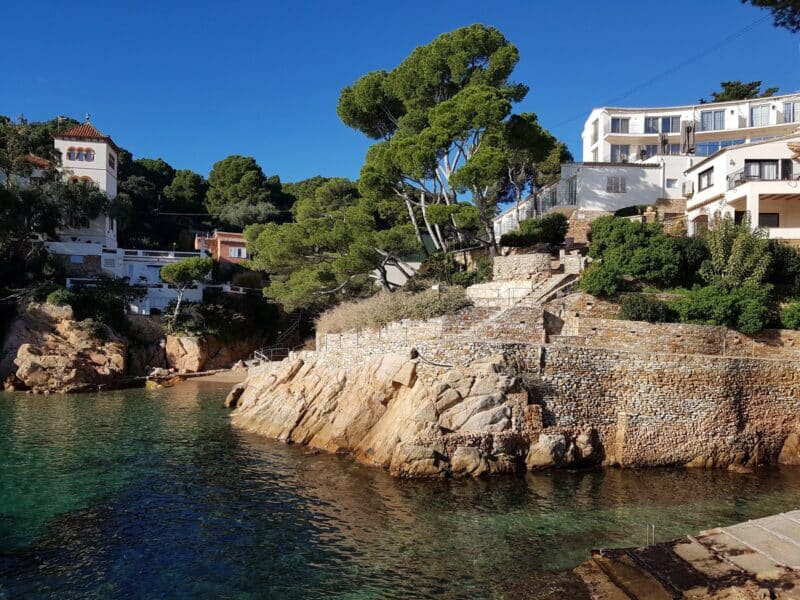 Here are my favorite mechanics, spray painters and car detailers in Barcelona.
Here are my favorite mechanics, spray painters and car detailers in Barcelona.
Mechanics
Spray Painting
- Gracia Motor (used by official Mazda dealers)
- Planxa I Pintura Cifuentes
Punctures
Detailing and Car Wash
- Kramex
- GERA detailing (Ukrainian)
- Detailing Spain – Ukrainians and Russians are the best at cleaning
- The BitBoyz
- Gennadii Tsarenko
- Car Wrap – Ukrainians
- Custom Cars Detailing
- Alvato Car Wash – Illa Diagonal branch
- DetailingBCN
- Hanna Car Wash Ronda – Quick and affordable, but damages paint long term
 Catalonia, located in northeastern Spain, offers nearly 580 kilometers of Mediterranean coastline. From wild coves in the Costa Brava to the expansive golden sands of the Costa Daurada, this region is rich in variety and natural beauty. Below is a curated list of some of the most stunning beaches in Catalonia, each with its own character and charm.
Catalonia, located in northeastern Spain, offers nearly 580 kilometers of Mediterranean coastline. From wild coves in the Costa Brava to the expansive golden sands of the Costa Daurada, this region is rich in variety and natural beauty. Below is a curated list of some of the most stunning beaches in Catalonia, each with its own character and charm. In early March, I received a shocking €900 fine from the Servei Català de Trànsit (Catalan Transit Agency). The charge? Failing to identify the driver of my privately owned vehicle for a previous traffic violation. But here’s the twist: I was never properly notified about that earlier request. Like many people, I didn’t find out until it was too late—the original notice had been published in the BOE (Spain’s official government bulletin), which I never saw.
In early March, I received a shocking €900 fine from the Servei Català de Trànsit (Catalan Transit Agency). The charge? Failing to identify the driver of my privately owned vehicle for a previous traffic violation. But here’s the twist: I was never properly notified about that earlier request. Like many people, I didn’t find out until it was too late—the original notice had been published in the BOE (Spain’s official government bulletin), which I never saw.

